The National Association of Accountable Care Organizations (NAACOS) and the Health Care Transformation Task Force published “Reimagining Beneficiary Engagement in Accountable Care Models.” The white paper outlines how ACOs, the longest-standing alternative payment model (APM) in U.S. health care, can educate patients and correct misconceptions about “accountable care” and “value-based care.”
“ACOs also offer an important opportunity to address current health care delivery inequities, having demonstrated reducing racial and ethnic disparities in care and better serving rural and underserved communities,” the white paper said. “Yet, patients in ACOs or other APMs often are unaware of their inclusion in models and the benefits they provide. Additionally, the success of ACOs and APMs has overly focused on cost savings and not on improved beneficiary outcomes.”
The organizations offered recommendations that the U.S. Centers for Medicare & Medicaid Services should implement:
- Beneficiary communications should be tailored to different patient populations.
- Enhanced beneficiary engagement tools would enhance ACOs and other APMs.
- Accountable care models need meaningful input from patients, family caregivers and communities if they are to succeed.
“Effective patient engagement is paramount to the success of ACOs,” Jeff Micklos, HCTTF executive director said in a statement. “These recommendations strengthen Medicare policies to ensure that beneficiaries are fully aware of and can benefit from these innovative care models.”
Spreading the word
The Medicare Shared Savings Program (MSSP) is the largest ACO in the nation, existing for more than a decade. CMS previously required ACOs to submit any marketing materials and activities for approval before using those communications with patients. In 2023, CMS ended that requirement, but “the regulatory definition of ‘marketing materials and activities’ has not changed and many ACOs are cautious about developing content” that meets the CMS criteria.
CMS template language about accountable care is not provided in multiple languages and is not available publicly, which adds administrative burden, beneficiary confusion and operational complexity, according to NAACOS and HCTTF.
Primary care
Meanwhile, “the process of establishing a primary care relationship is an important step in a patient’s care journey.” But not all beneficiaries are aware of that. CMS also aligns beneficiaries with a practice location, not a specific clinician, which can lead to misattribution of beneficiaries and ACOs.
Patients may have limited internet access to select primary care clinicians. Annual wellness visits are limited to once every 365 days, which hurts ACOs’ ability to schedule the appointments in advance of cold and flu season, or to catch health problems early on.
ACO governance
MSSP ACOs must include a Medicare beneficiary on their governing boards. But many beneficiaries lack the expertise, background, time and resources needed to participate fully in ACO oversight, the white paper said.
CMS should allow caregivers to serve as beneficiary representatives, with more guidance on how ACOs can engage patients and caregivers in decision-making. Patient and family advisory councils or committees, and community advisory councils also could add diverse voices and expertise to ACO regulation.
In recent years, public evaluation of APMs has focused on cost savings, according to NAACOS and HCTTF. Instead, CMS must make patients the center of all aspects of any alternative payment model, they said.
“By adopting these recommendations, CMS can remove barriers that hinder more effective patient communication and engagement,” Aisha Pittman, NAACOS senior vice president of government affairs, said in a statement. “This will pave the way for a better patient experience and improved outcomes, which are goals of value-based care.”
15% Off Medical Practice Supplies
VIEW ALL
 Manual Prescription Pad (Large - Yellow)
Manual Prescription Pad (Large - Yellow) Manual Prescription Pad (Large - Pink)
Manual Prescription Pad (Large - Pink) Manual Prescription Pads (Bright Orange)
Manual Prescription Pads (Bright Orange) Manual Prescription Pads (Light Pink)
Manual Prescription Pads (Light Pink) Manual Prescription Pads (Light Yellow)
Manual Prescription Pads (Light Yellow) Manual Prescription Pad (Large - Blue)
Manual Prescription Pad (Large - Blue)__________________________________________________
Appointment Reminder Cards
$44.05
15% Off
$56.30
15% Off
$44.05
15% Off
$44.05
15% Off
$56.30
15% Off

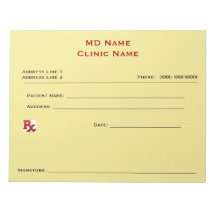
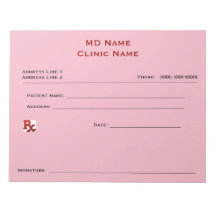
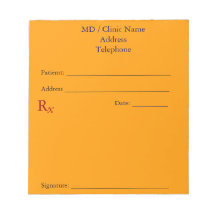
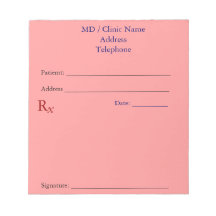
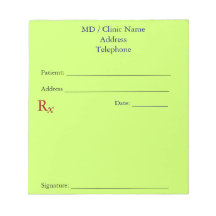
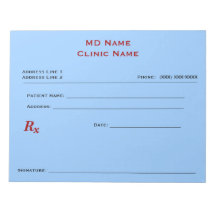
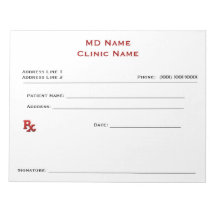
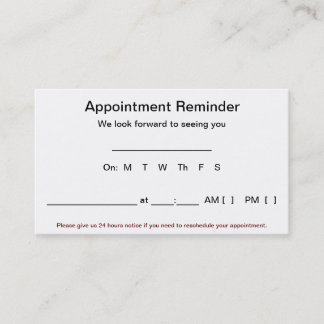
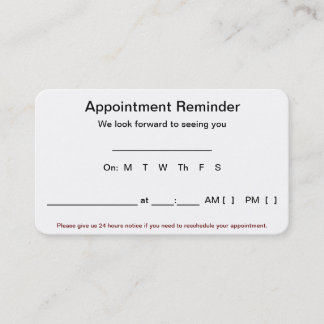
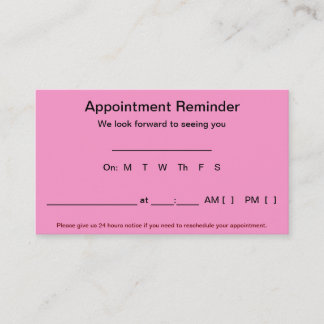
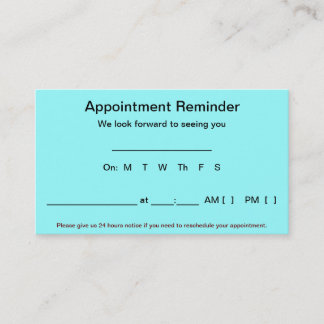
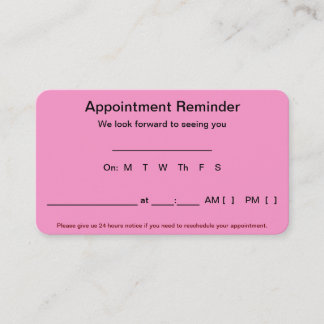
No comments:
Post a Comment